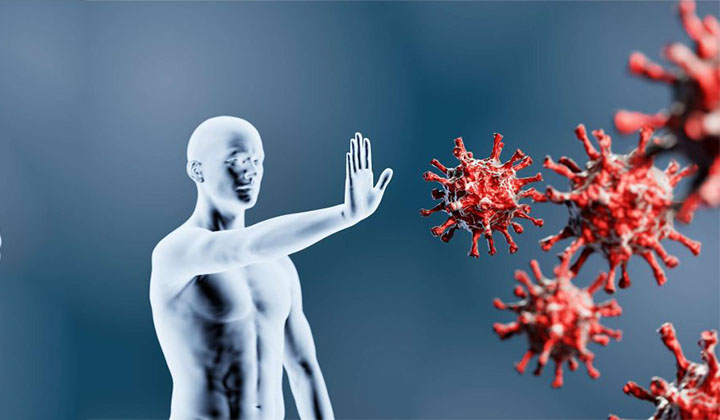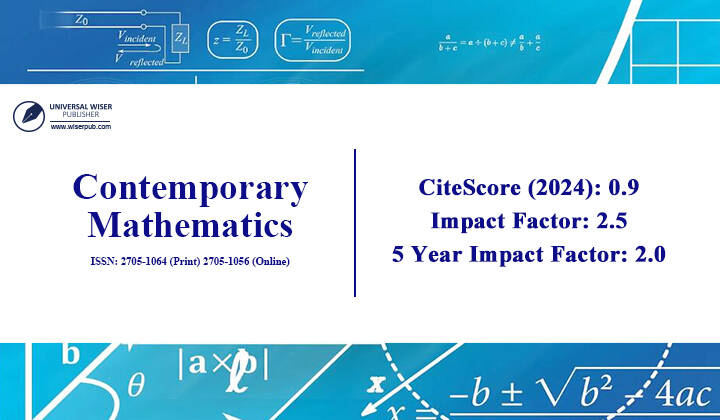


Study is the first to demonstrate cross-protective immunity by vaccines.
Northwestern Medicine scientists have shown for the first time that coronavirus vaccines and prior coronavirus infections can provide broad immunity against other, similar coronaviruses. The findings build a rationale for universal coronavirus vaccines that could prove useful in the face of future epidemics.
“Until our study, what hasn’t been clear is if you get exposed to one coronavirus, could you have cross-protection across other coronaviruses? And we showed that is the case,” said lead author Pablo Penaloza-MacMaster, assistant professor of microbiology-immunology at Northwestern University Feinberg School of Medicine.
The findings were recently published in the Journal of Clinical Investigation.
The three main families of coronaviruses that cause human disease are:
Sarbecovirus, which includes the SARS-CoV-1 strain that was responsible for the 2003 outbreak of Severe Acute Respiratory Syndrome (SARS), as well as SARS-CoV-2, which is responsible for COVID-19
Embecovirus, which includes OC43, which is often responsible for the common cold
Merbecovirus, which is the virus responsible for Middle East Respiratory Syndrome (MERS), first reported in 2012.
Vaccines demonstrated cross-protective immunity
Plasma from humans who had been vaccinated against SARS-CoV-2 produced antibodies that were cross-reactive (potentially providing protection) against SARS-CoV-1 and the common cold coronavirus (OC43), the study found. The study also found mice immunized with a SARS-CoV-1 vaccine developed in 2004 generated immune responses that protected them from intranasal exposure by SARS-CoV-2. Lastly, the study found prior coronavirus infections can protect against subsequent infections with other coronaviruses.
Mice that had been immunized with COVID-19 vaccines and later were exposed to the common cold coronavirus (HCoV-OC43, which is different from a SARS strain) were partially protected against the common cold, but the protection was much less robust, the study found. The reason, the scientists explain, is because both SARS-CoV-1 and SARS-CoV-2 are genetically similar — like cousins of one another —while the common cold coronavirus is more divergent from SARS-CoV-2.
“As long as the coronavirus is greater than 70% related, the mice were protected,” Penaloza-MacMaster said. “If they were exposed to a very different family of coronaviruses, the vaccines might confer less protection.”
Will there ever be one universal coronavirus vaccine?
Given how different each coronavirus family is, that answer is “likely no,” said the study authors. But there may be a path forward for developing a vaccine for each coronavirus family (Sarbecovirus, Embecovirus and Merbecovirus), they said.
“Our study helps us re-evaluate the concept of a universal coronavirus vaccine,” Penaloza-MacMaster said. “It’s likely there isn’t one, but we might end up with a generic vaccine for each of the main families of coronaviruses, for example a universal Sarbecovirus vaccine for SARS-CoV-1, SARS-CoV-2 and other SARS-related coronaviruses; or a universal Embecovirus for HCoV-OC43 and HKU1 that cause common colds.”
In the study, Penaloza-MacMaster collaborated with Northwestern Medicine physician Dr. Igor Koralnik, chief of neuro-infectious disease and global neurology at Feinberg, and Lavanya Visvabharathy, a postdoctoral research associate in neurological manifestations of COVID-19 at Feinberg, to evaluate immune responses in humans who received SARS-CoV-2 vaccines, as well as in COVID-19 patients admitted to Northwestern Memorial Hospital.
“We found that these individuals developed antibody responses that neutralized a common cold coronavirus, HCoV-OC43,” Penaloza-MacMaster said. “We are now measuring how long this cross-protection lasts.”
Years of HIV research led the team to this discovery
Prior to the COVID-19 pandemic, Penaloza-MacMaster had studied HIV vaccines for a decade. His knowledge about how the HIV virus mutates led him to question cross-reactivity within coronavirus vaccines.
“A reason we don’t have an effective HIV vaccine is because it’s hard to develop cross-reactive antibodies,” Penaloza-MacMaster said. “So, we thought, ‘What if we tackle the problem of coronavirus variability (which is critical for developing universal coronavirus vaccines) the same way we’re tackling HIV vaccine development?’”
Reference: “Cross-protective immunity following coronavirus vaccination and coronavirus infection” by Tanushree Dangi, Nicole Palacio, Sarah Sanchez, Mincheol Park, Jake Class, Lavanya Visvabharathy, Thomas Ciucci, Igor J. Koralnik, Justin M. Richner and Pablo Penaloza-MacMaster, 8 October 2021, Journal of Clinical Investigation.
DOI: 10.1172/JCI151969
Source: https://scitechdaily.com/cross-protective-covid-immunity-one-coronavirus-vaccine-can-provide-broad-immunity-against-other-coronaviruses/

Scheduled Server Maintenance and System Downtime Notice Dec 16, 2025

Celebrating CM Editorial Board Members Recognized in the Wor... Oct 10, 2025

Food Science and Engineering Now Indexed in CAS Database Aug 20, 2025

Contemporary Mathematics Achieves Significant Milestone in 2... Jun 19, 2025

Three Journals under Universal Wiser Publisher are Newly Ind... Apr 21, 2025